Your cart is currently empty!
-
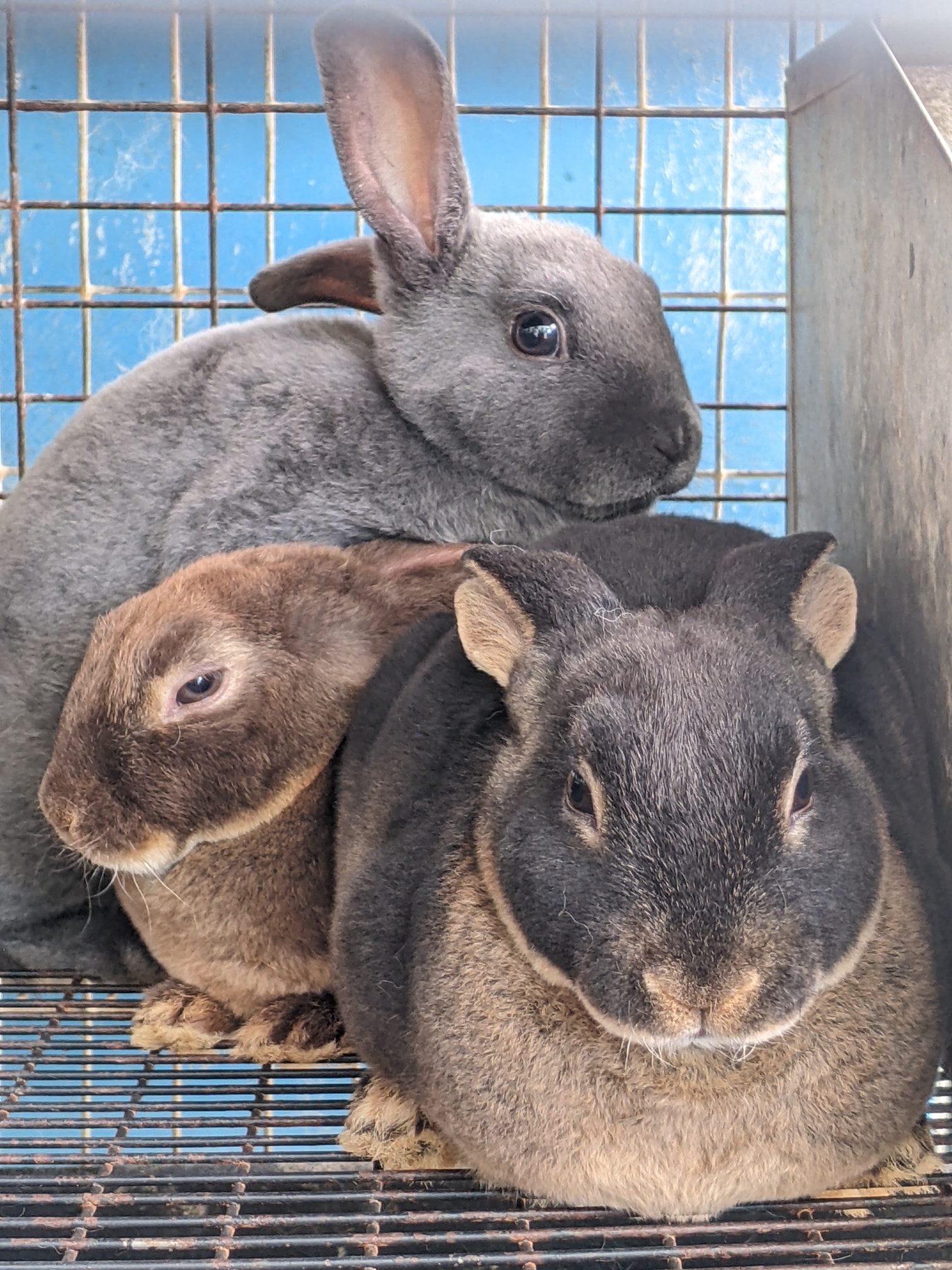
Exploring the Intricacies of Rabbit Genetics
An in-depth exploration of rabbit genetics—a field that intertwines basic biological principles, evolutionary history, and modern breeding practices. From the earliest days of domestication to the cutting edge of genomic research, rabbit genetics offers insights into everything from coat color variation to inherited health conditions. This article delves into the fundamental concepts, the diversity of…
-

The Art of Rabbit Handling and Carrying
Below is a detailed exploration of safe rabbit handling and carrying—practical strategies designed to support your rabbit’s comfort while building trust and strengthening your bond. This article outlines the physical and behavioral considerations that inform gentle, respectful handling techniques, whether you’re picking up your pet for cuddles, moving it between areas, or preparing for a…
-
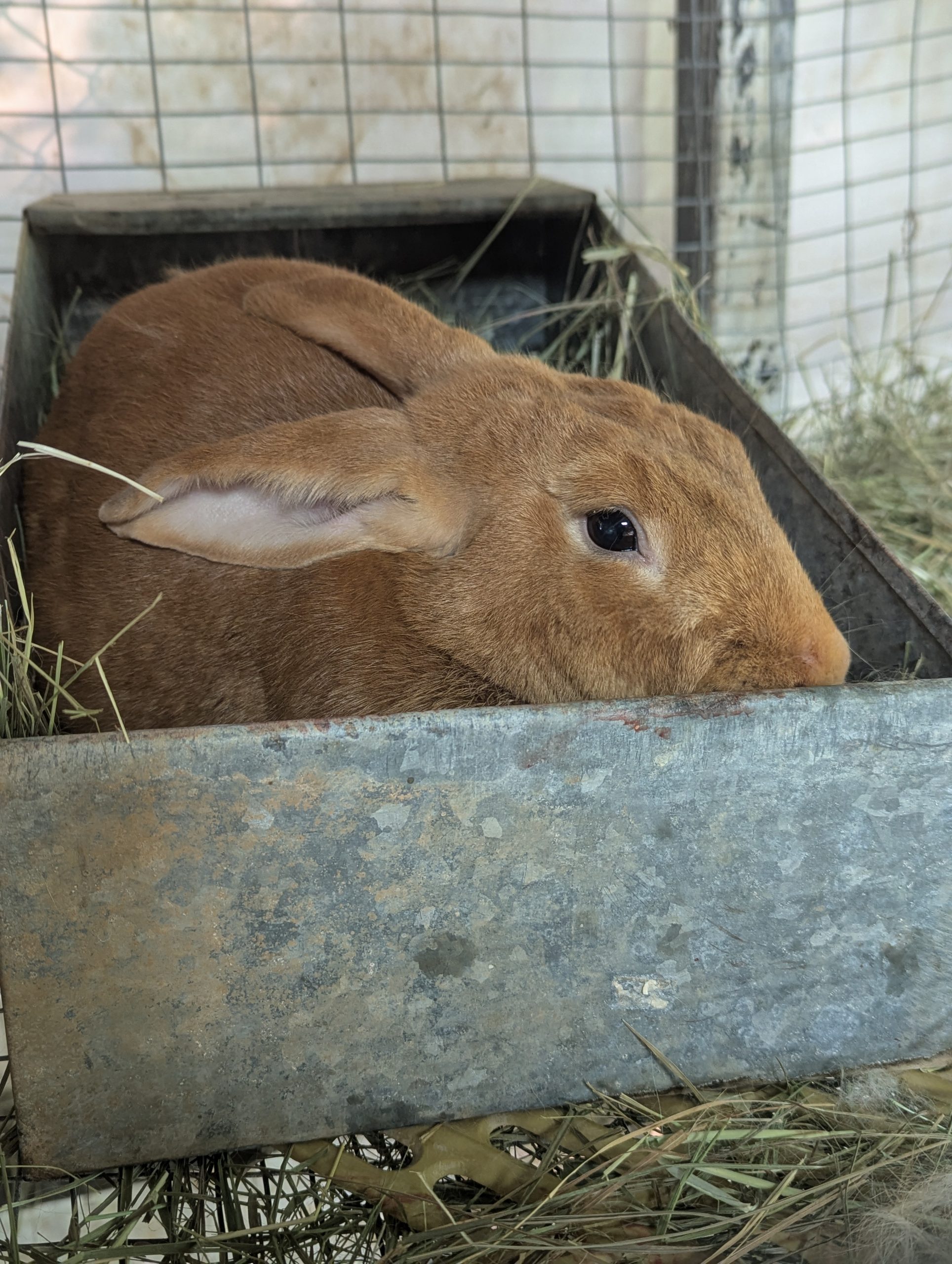
Nest Boxes and Bedding Choices for Rabbits: Creating a Safe and Comfortable Haven
Rabbits are sensitive creatures that thrive on stability, cleanliness, and comfortable hiding spots. A well-designed nest box paired with the right bedding not only contributes to a rabbit’s physical comfort but also to its mental well-being. In this article, we will explore every nuance—from the purpose of nest boxes and their designs to the best…
-
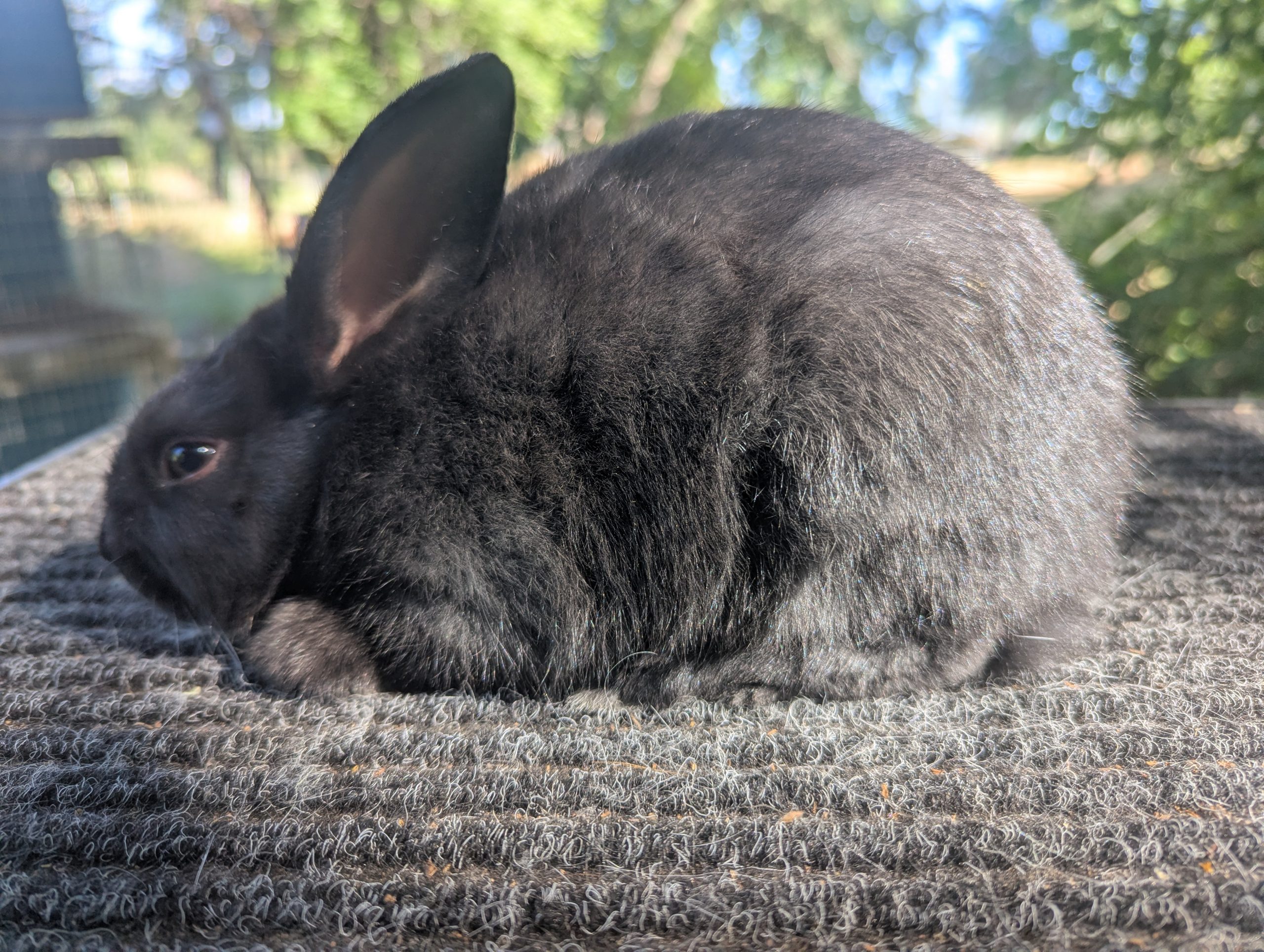
Understanding Rabbit Feed Protein Percentages: A Comprehensive Guide
Rabbits are unique herbivores with a digestive system designed to extract nutrients from high-fiber, low-energy plant diets. Protein, one of the three macronutrients, is essential for growth, maintenance, reproduction, and overall vitality. However, the percentage of protein in rabbit feed is not a fixed number—various factors influence these percentages, ensuring that every rabbit’s unique life…
-
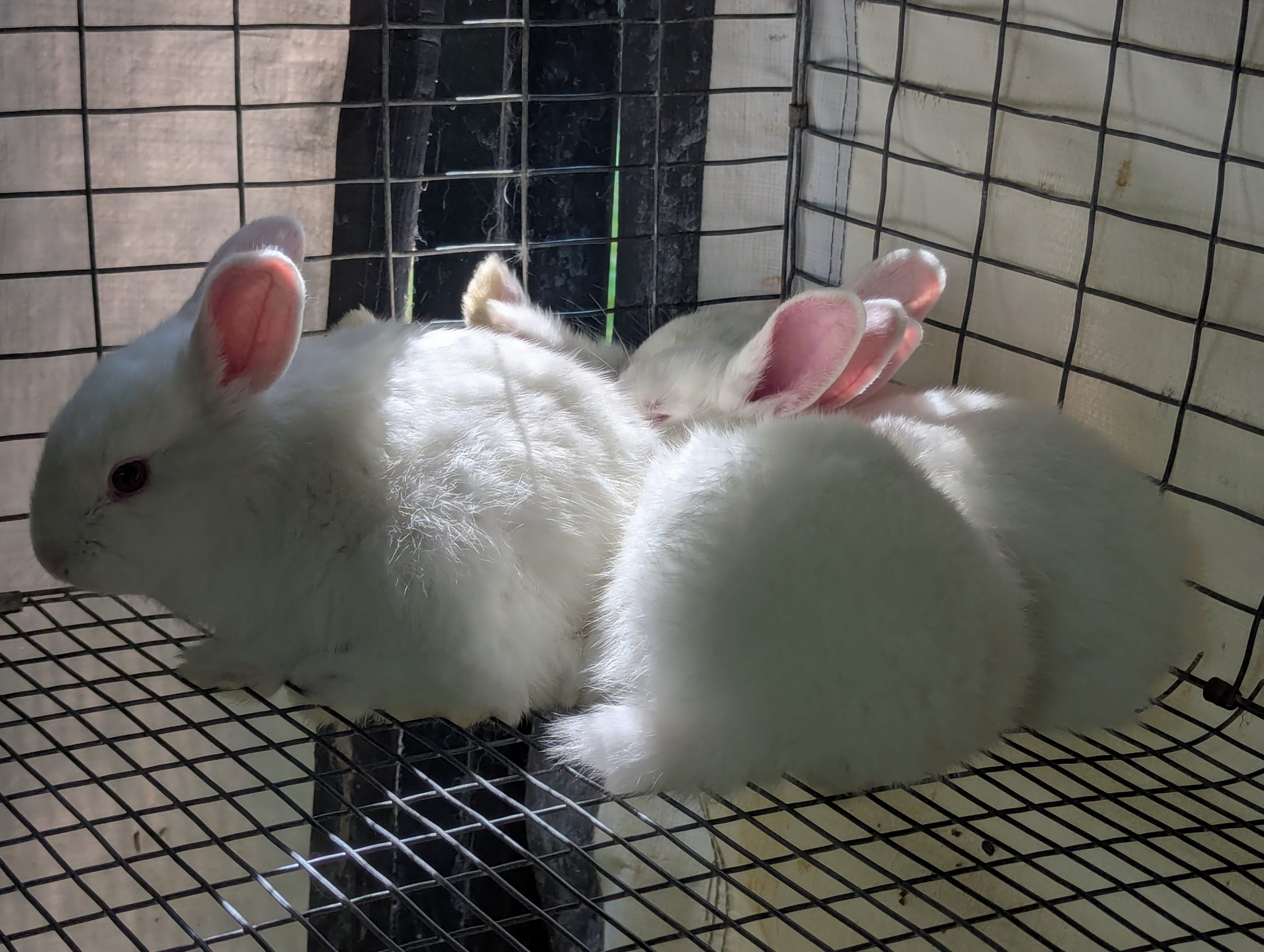
Rabbit Mites follow-up – Natural Remedies
Natural treatments can be a helpful supplement to veterinary care when addressing rabbit mites, especially for mild cases or as a way to soothe irritated skin. Here are some natural remedies that rabbit owners sometimes use: 1. Coconut Oil Coconut oil has antimicrobial properties and can help soothe inflamed skin. Lightly applying it to affected…
-

Diagnosing and Treating Rabbit Mites: A Complete Guide
Mites are tiny parasites that can infest rabbits, leading to skin irritation, fur loss, and even severe infections if left untreated. These infestations can originate from direct contact with infected animals or contaminated environments. In this article, we’ll explore how to identify, diagnose, and effectively treat rabbit mites to ensure your pet remains healthy and…
-

Brokens – How Inheritance Works: En, en, and everything in between
Like most genes, the broken gene comes in pairs, with each parent contributing one copy to their offspring. There are two main versions, or alleles, of this gene that determine whether a rabbit will be solid or broken: * ‘En’ (Broken): This allele is dominant. This means that if a rabbit inherits at least one…
-
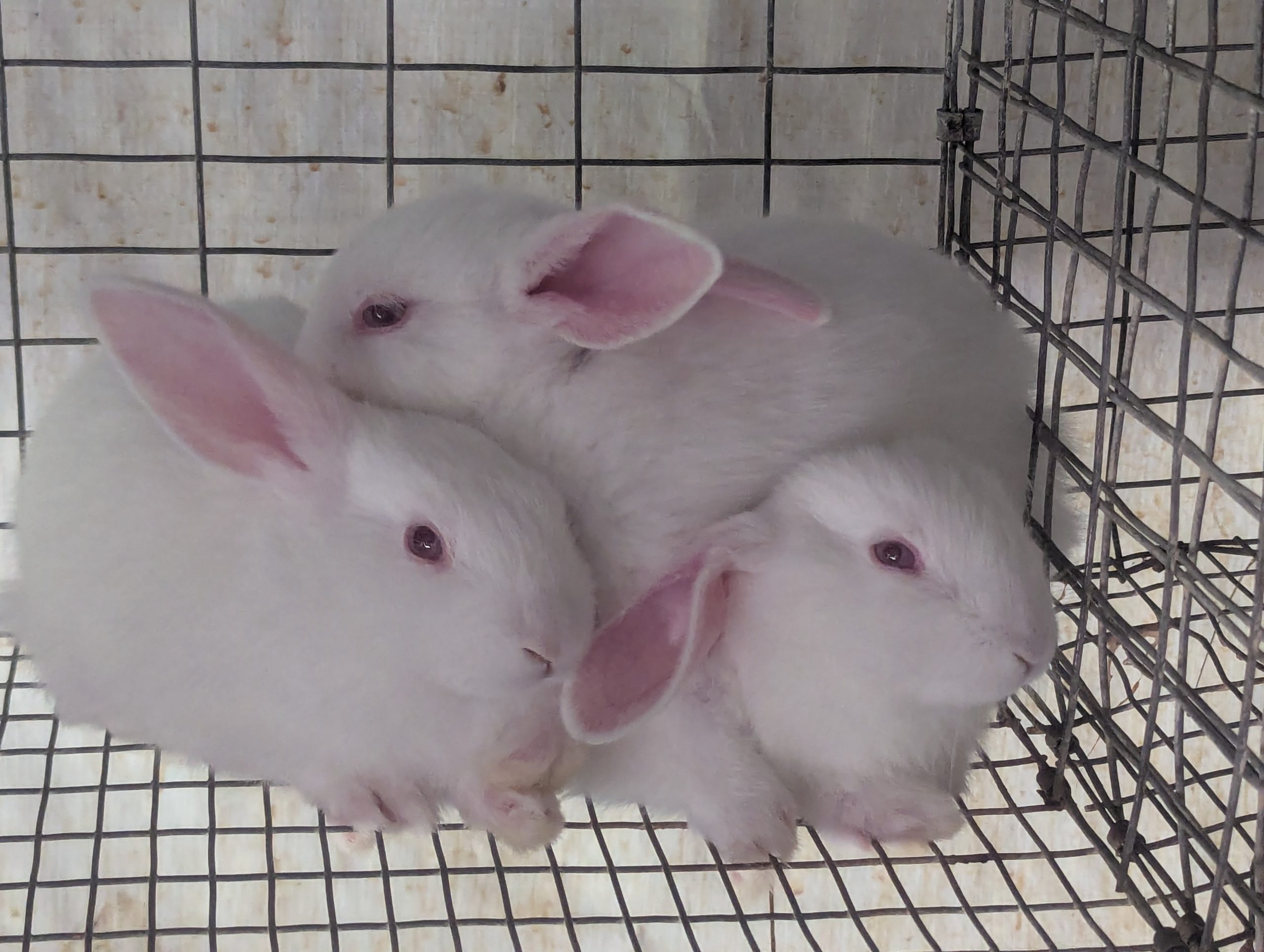
Weaning Enteritis in Rabbits: Causes, Symptoms, Prevention, and Treatment
Weaning enteritis is a serious gastrointestinal disorder affecting young rabbits, particularly those transitioning from mother’s milk to solid food. It occurs most commonly in rabbits between 4 to 10 weeks of age and can be fatal if left untreated. Understanding the causes, symptoms, and preventive measures is crucial for rabbit breeders, pet owners, and farmers.…
-
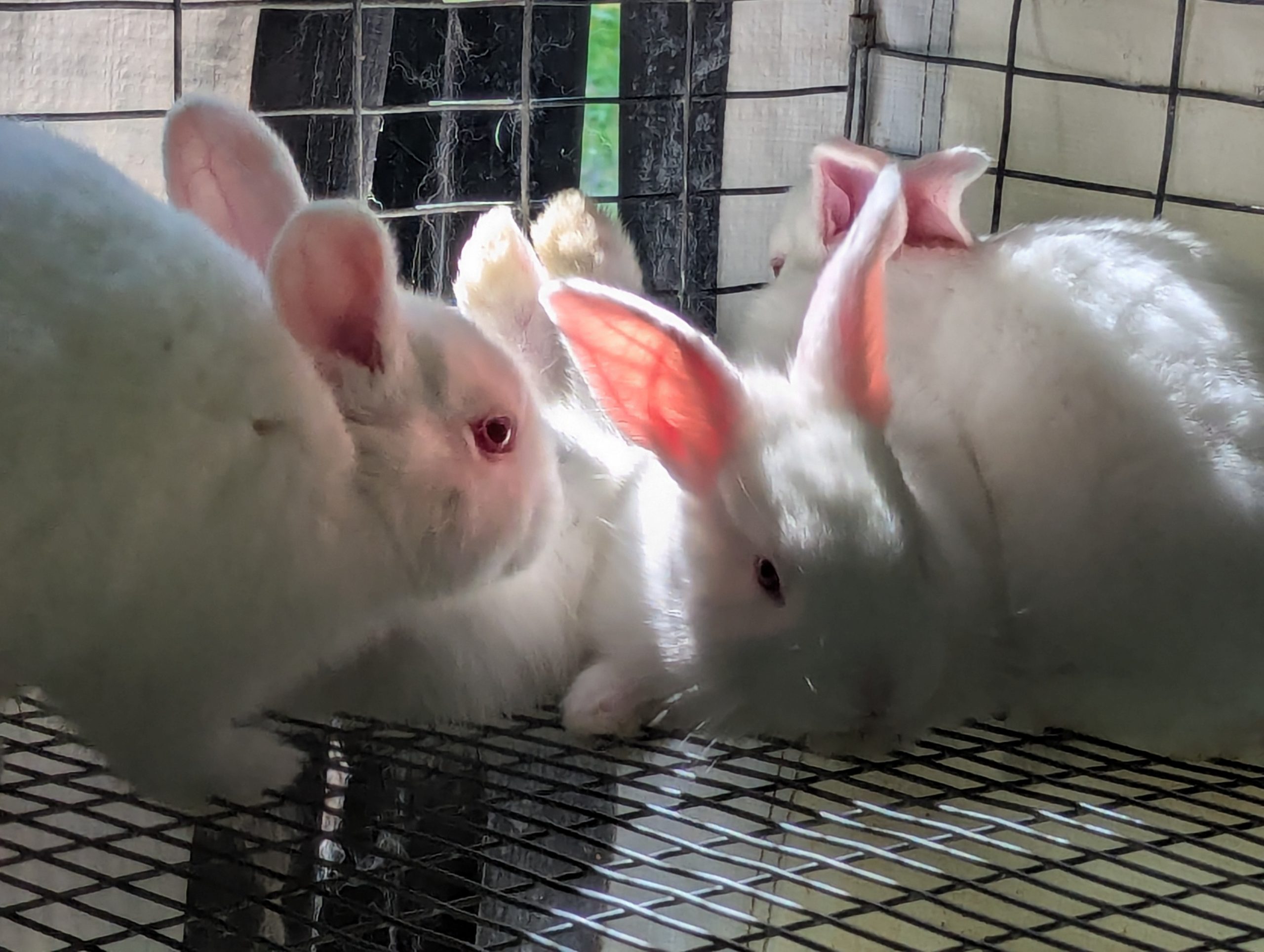
TAMUK Rabbits: A Heat-Tolerant Breed for Sustainable Meat Production
TAMUK rabbits, named after Texas A&M University-Kingsville (TAMUK), were developed to thrive in hot climates and offer superior meat production traits. These rabbits are hardy, adaptable, and ideal for sustainable farming. Their ability to tolerate heat, combined with efficient growth rates, makes them valuable for breeders and small-scale farmers. History and Development TAMUK rabbits were…
-
Safe Treats and Chewable Woods for Rabbits: A Guide to Healthy Snacking and Dental Care
Rabbits love to chew—it’s a natural behavior essential for their dental health, digestion, and mental stimulation. Offering safe treats and appropriate wood for chewing ensures a rabbit’s diet stays balanced while also preventing dental problems. This article explores healthy treats, safe woods, and how to choose the best options for your rabbit. Safe Treats for…
